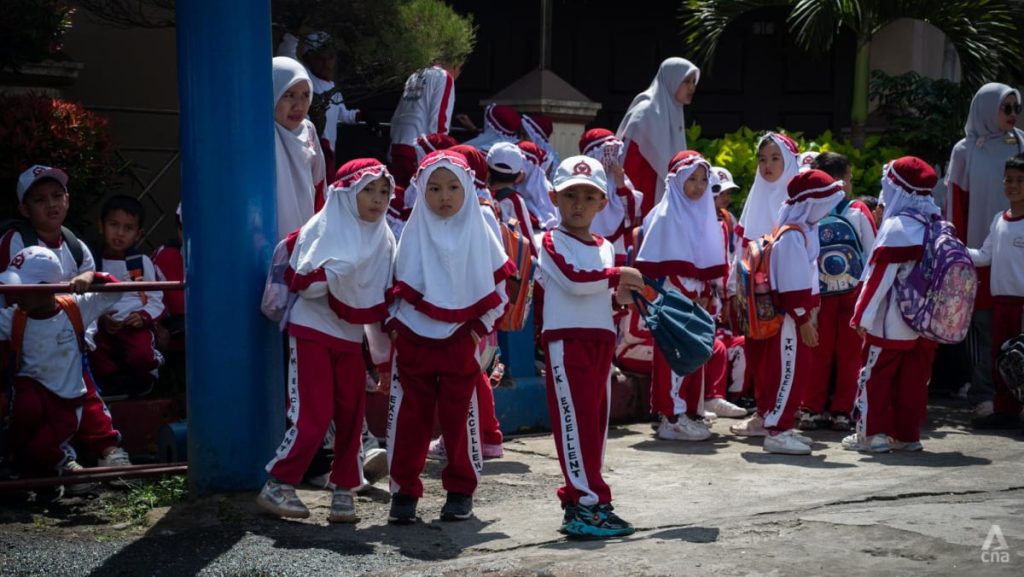In the third installment of a five-part series on political Islam in Southeast Asia, CNA delves into the impact of regulations on “indecent clothing”, gambling, and other social issues in Malaysia and Indonesia. These regulations, which are often justified in the name of religious and political objectives, have sparked debates about their effects on diversity and tolerance in these countries. In both Malaysia and Indonesia, there are ongoing discussions about the balance between protecting religious values and maintaining a pluralistic society.
In Malaysia, the issue of regulations on “indecent clothing” has been a contentious one, with some conservative groups pushing for stricter enforcement to uphold Islamic principles. However, critics argue that such regulations infringe on individual freedoms and limit diversity in the country. Similarly, in Indonesia, there have been debates over regulations targeting activities like gambling and alcohol consumption, with concerns raised about the impact on social cohesion and religious tolerance.
While proponents of these regulations argue that they are necessary to safeguard the moral fabric of society and protect religious values, critics contend that they are being used as tools for political gain. In both Malaysia and Indonesia, there are allegations that these regulations are being exploited by politicians to gain support from religious conservatives and advance their own agendas. This has led to concerns about the erosion of diversity and inclusivity in both countries, as certain groups are marginalized in the name of upholding religious and political interests.
The debate over regulations on social issues in Malaysia and Indonesia reflects broader tensions between religious conservatism and secularism in the region. As both countries grapple with balancing the demands of a diverse population with the influence of religious authorities, questions arise about the future of democratic principles and individual rights. The ongoing discussions highlight the complexities of navigating the intersection of religion, politics, and societal values in Southeast Asia.
In conclusion, the regulations on “indecent clothing”, gambling, and other social issues in Malaysia and Indonesia raise important questions about the impact on diversity and tolerance in these countries. While proponents argue that these regulations are necessary to uphold religious values and maintain social order, critics contend that they are being used for political gain at the expense of individual freedoms and inclusivity. The ongoing debates reflect broader tensions between religious conservatism and secularism in the region, raising concerns about the future of democracy and individual rights in Southeast Asia. As Malaysia and Indonesia grapple with these issues, the need to strike a balance between religious principles and pluralistic values will continue to be a topic of debate and discussion in both countries.















